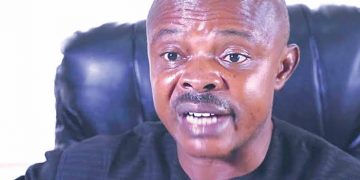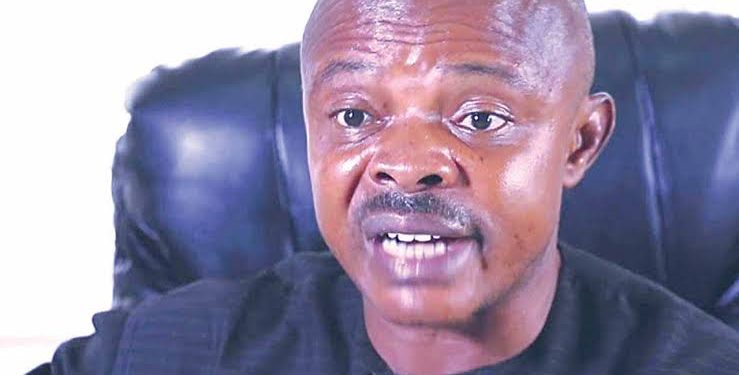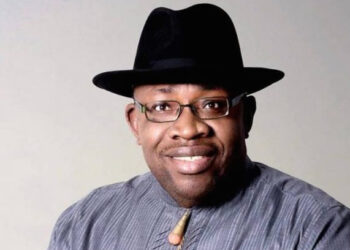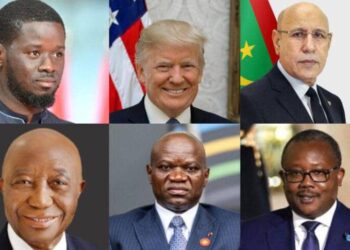By John Ikani
The Federal Government led by President Bola Ahmed Tinubu, has been cautioned by the Nigeria Labour Congress (NLC) against the implementation of increased electricity tariffs in the country.
In a statement issued by NLC President Comrade Joe Ajaero, the umbrella organization for trade unions in Nigeria expressed deep concern regarding the scheduled 40% hike in electricity tariff, set to take effect on July 1st.
Describing the move as insensitive and callous, the NLC condemned the government’s disregard for the welfare of consumers, particularly those living in poverty.
The organization stated, “The significant increase is being justified as a response to the over 100% surge in the pump price of premium motor spirit (pms).
“However, when we examine the details, we observe a rise in inflation from 16.9% to 22.41% (with the potential to reach 30%), as well as a shift in the exchange rate from N441 to N750.
“Nevertheless, we firmly believe that even these figures fail to justify this reckless proposed tariff increase.”
According to the NLC, considerations such as consumers’ ability to pay and the quality of service provided outweigh any justifications based on market logic.
The organization highlighted that the service providers have been unable to meet the threshold of 5000 megawatts despite receiving support, and there have been undisclosed increases in violation of regulations.
One of the inherent risks associated with the new tariff regime is the lack of control, meaning that consumers will be subjected to new rates by August.
Furthermore, the NLC asserted that “as other product or service providers adjust their prices accordingly, the ordinary citizens will bear the burden of these increased costs.”
Responding to critics who have hurled insults at the NLC, the organization urged them to reflect on their stance.
The NLC warned that the confrontational and volatile path currently pursued by proponents of the market economy could have negative consequences.
“With impending rises in tertiary institution fees, privately-owned educational institutions, and other costs and tariffs, life in Nigeria could become extremely challenging,” it said.
The NLC pointed out that “the market economies, which the advocates of Market Fundamentalism seek to emulate, have socio-economic safeguards in place that Nigeria currently lacks.”
In light of this disparity, the NLC called for the proposed tariff hike “to be set aside in order to safeguard the collective safety and well-being of Nigerians.”



































